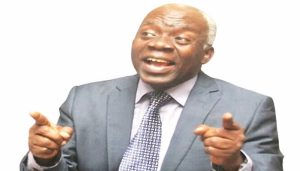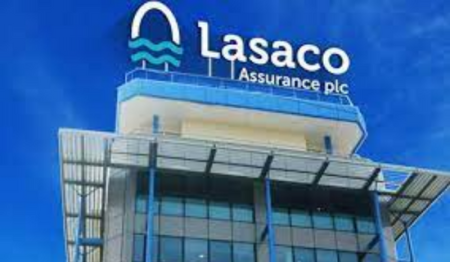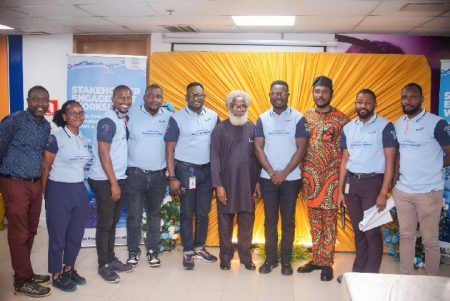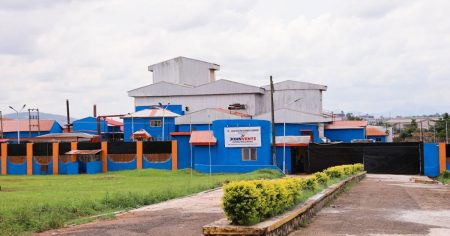Sinoe County Senator Crayton Duncan has publicly criticized the Ministry of Transport for what he perceives as a violation of the Liberianization Policy, which aims to prioritize economic opportunities for Liberians. In a communication addressed to the Senate plenary, Duncan highlighted the increasing trend of awarding contracts and opportunities to foreign nationals at the expense of Liberian-owned businesses. He argues that this practice not only contravenes the government’s commitment to fostering local economic growth but also undermines the efforts of Liberian entrepreneurs who have invested time and resources in their businesses. The Senator’s remarks are timely as they coincide with growing concerns among citizens about the competitive landscape affecting local businesses in Liberia.
Duncan’s key grievance revolves around the Ministry of Transport’s reported decision to terminate a contract held by a Liberian company responsible for issuing car license plates in favor of a foreign entity. This move, according to him, undermines the hard work and investment of Liberian entrepreneurs and deprives local citizens of crucial job opportunities. The Senator’s concerns extend to wider employment practices within the government, where he alleges that opportunities typically available to Liberians are being granted to foreign workers, thereby limiting the potential for recent graduates to find meaningful employment in their fields. Such trends could perpetuate a cycle of economic inequality and dependency on foreign labor in a nation still striving for self-sufficiency.
In his communication, Duncan stressed the importance of adhering to national laws and policies designed to safeguard the interests of Liberian citizens and businesses. He called for accountability, urging the Senate to invite the Minister of Transport for an explanation of the recent decisions made by the Ministry regarding contract awards. This request reflects Duncan’s belief that transparency and justification are essential in addressing concerns regarding the treatment of local businesses by government agencies. His appeal represents the frustration of many citizens who feel overlooked in favor of foreign interests, further underscoring the need for the government to prioritize local economic empowerment.
Moreover, Duncan highlighted systemic issues beyond the Ministry of Transport, pointing to the actions of the Minister of Labor, who he claims has also contributed to the sidelining of qualified Liberian workers in favor of foreigners. He noted that even common accounting jobs, which Liberians are equipped to perform, are being filled by foreign nationals due to repeated issuance of work permits. This trend reflects a troubling pattern that could disillusion young graduates, leaving them to question the viability of their education and career prospects within their own country. With each passing day, the hope for meaningful employment diminishes for many, further contributing to a sense of disenfranchisement among the nation’s youth.
The critique by Senator Duncan resonates deeply within the broader narrative of economic empowerment and self-sufficiency in Liberia. As the government seeks to create a conducive environment for business growth, policies must reflect a commitment to supporting local enterprises. Duncan’s assertions suggest a discord between government intentions and actions, indicating that more needs to be done to align these two aspects. By favoring foreign companies and workers over capable Liberians, the government risks perpetuating a cycle of economic dependency that contradicts its stated objectives of reducing unemployment and fostering local entrepreneurship.
Changing this narrative necessitates thoughtful reform and continuous dialogue among government institutions, lawmakers, and civil society. It involves a commitment to upholding the principles of the Liberianization Policy and actively fostering a business environment where locals can thrive. Senator Duncan’s call for an inquiry into the Ministry of Transport’s actions serves as a pivotal moment for stakeholders to reconsider the balance between foreign investment and local enterprise development. Such deliberation is essential not only for the economic health of Liberia but also for the moral responsibility of the government to its citizens—ensuring that they are not merely spectators in their own economy but active participants and beneficiaries of national growth.














